Anpassungsfähigkeit und Resilienz des Finanzsystems
Diese Forschungsgruppe untersucht kritische Aspekte der Anpassungsfähigkeit und Widerstandsfähigkeit von Finanzsystemen. Sie analysiert die Auswirkungen von Naturkatastrophen auf Finanzsysteme, die Auswirkungen politischer Präferenzen für die grüne Transformation und die Bedeutung von Kultur in den Volkswirtschaften.
Forschungscluster
Finanzresilienz und RegulierungIhr Kontakt

Mitglied - Abteilung Finanzmärkte
PROJEKTE
07.2016 ‐ 12.2018
Relationship Lenders and Unorthodox Monetary Policy: Investment, Employment, and Resource Reallocation Effects
Leibniz-Gemeinschaft
We combine a number of unique and proprietary data sources to measure the impact of relationship lenders and unconventional monetary policy during and after the European sovereign debt crisis on the real economy. Establishing systematic links between different research data centers (Forschungsdatenzentren, FDZ) and central banks with detailed micro-level information on both financial and real activity is the stand-alone proposition of our proposal. The main objective is to permit the identification of causal effects, or their absence, regarding which policies were conducive to mitigate financial shocks and stimulate real economic activities, such as employment, investment, or the closure of plants.
01.2015 ‐ 12.2019
Interactions between Bank-specific Risk and Macroeconomic Performance
Deutsche Forschungsgemeinschaft (DFG)
Referierte Publikationen
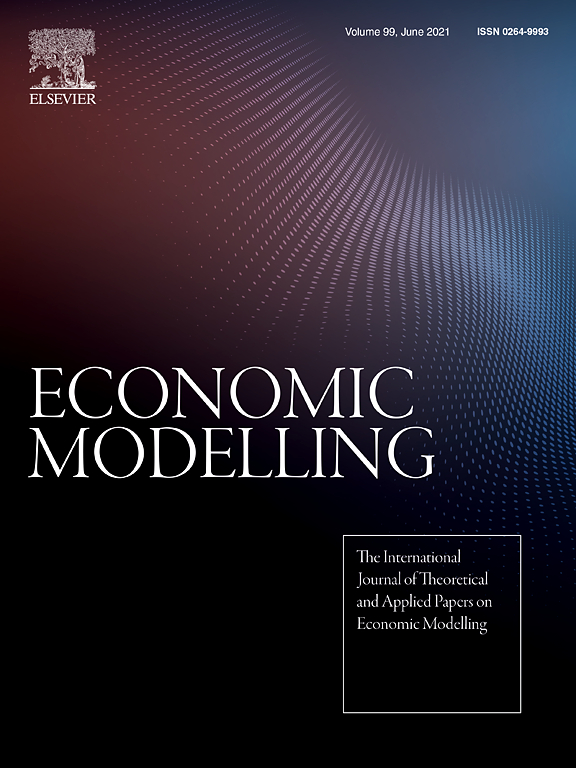
Bank Overall Financial Strength: Islamic Versus Conventional Banks
in: Economic Modelling, 2017
Abstract
A number of recent studies compare the performance of Islamic and conventional banks with the use of individual financial ratios or efficiency frontier techniques. The present study extends this strand of the literature, by comparing Islamic banks, conventional banks, and banks with an Islamic window with the use of a bank overall financial strength index. This index is developed with a multicriteria methodology that allows us to aggregate various criteria capturing bank capital strength, asset quality, earnings, liquidity, and management quality in controlling expenses. We find that banks differ significantly in terms of individual financial ratios; however, the difference of the overall financial strength between Islamic and conventional banks is not statistically significant. This finding is confirmed with both univariate comparisons and in multivariate regression estimations. When we look at the bank financial strength within regions, we find that conventional banks outperform both the Islamic banks and the banks with Islamic window in the case of Asia and the Gulf Cooperation Council; however, Islamic banks perform better in the MENA and Senegal region. Second stage regressions also reveal that the bank overall financial strength index is influenced by various country-specific attributes. These include control of corruption, government effectiveness, and operation in one of the seven countries that are expected to drive the next big wave in Islamic finance.
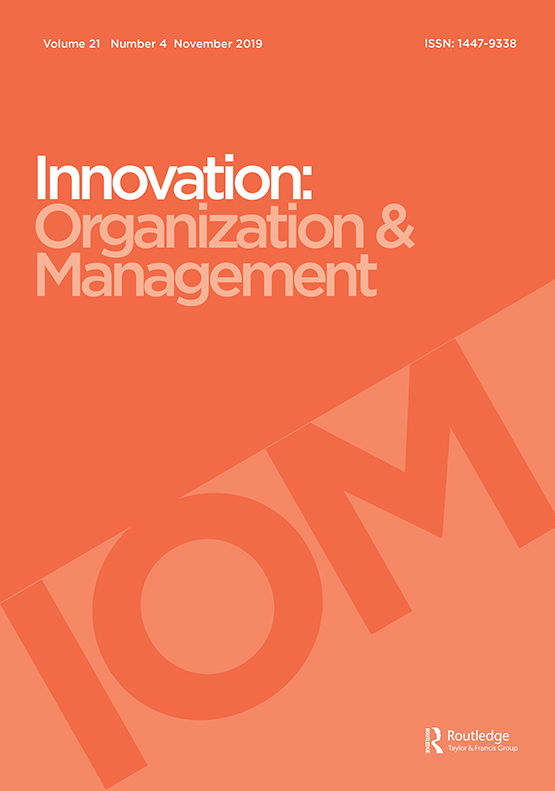
Enforceability of Noncompetition Agreements and Firm Innovation: Does State Regulation Matter?
in: Innovation: Organization & Management, Nr. 2, 2017
Abstract
In this study, we examine how noncompetition agreements and the mobility of human capital – a core asset of any firm – affect innovations of publicly traded firms in the United States. We find that firms in states with stricter noncompetition enforcement have fewer patent applications. We also examine patent forward citations and find that tougher enforcement of such contracts is associated with less innovative patents. Notably, we find that stronger enforcement of noncompetition agreements impedes innovation for firms facing intense industry labor mobility. High-powered, equity-based compensation positively moderates the relationship between noncompetition enforcement and innovation, but only for the quality of innovation.
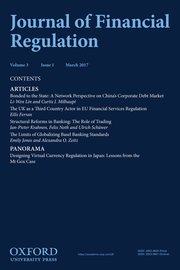
Structural Reforms in Banking: The Role of Trading
in: Journal of Financial Regulation, Nr. 1, 2017
Abstract
In the wake of the recent financial crisis, significant regulatory actions have been taken aimed at limiting risks emanating from banks’ trading activities. The goal of this article is to look at the alternative reforms in the US, the UK and the EU, specifically with respect to the role of proprietary trading. Our conclusions can be summarized as follows: First, the focus on a prohibition of proprietary trading, as reflected in the Volcker Rule in the US and in the current proposal of the European Commission (Barnier proposal), is inadequate. It does not necessarily reduce risk-taking and it is likely to crowd out desired trading activities, thereby possibly affecting financial stability negatively. Second, trading separation into legally distinct or ring-fenced entities within the existing banking organizations, as suggested under the Vickers proposal for the UK and the Liikanen proposal for the EU, is a more effective solution. Separation limits cross-subsidies between banking and proprietary trading and diminishes contagion risk, while still allowing for synergies and risk management across banking, non-proprietary trading, and proprietary trading.
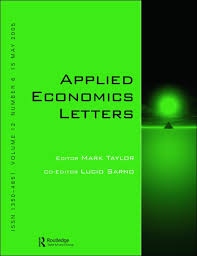
Bank Risk Proxies and the Crisis of 2007/09: A Comparison
in: Applied Economics Letters, Nr. 7, 2017
Abstract
The global financial crisis has again shown that it is important to understand the emergence and measurement of risks in the banking sector. However, there is no consensus in the literature which risk proxy works best at the level of the individual bank. A commonly used measure in applied work is the Z-score, which might suffer from calculation issues given poor data quality. Motivated by the variety of bank risk proxies, our analysis reveals that nonperforming assets are a well-suited complement to the Z-score in studies of bank risk.
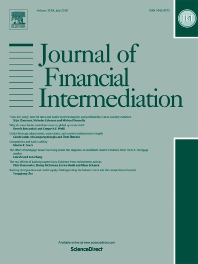
How Do Insured Deposits Affect Bank Risk? Evidence from the 2008 Emergency Economic Stabilization Act
in: Journal of Financial Intermediation, January 2017
Abstract
This paper tests whether an increase in insured deposits causes banks to become more risky. We use variation introduced by the U.S. Emergency Economic Stabilization Act in October 2008, which increased the deposit insurance coverage from $100,000 to $250,000 per depositor and bank. For some banks, the amount of insured deposits increased significantly; for others, it was a minor change. Our analysis shows that the more affected banks increase their investments in risky commercial real estate loans and become more risky relative to unaffected banks following the change. This effect is most distinct for affected banks that are low capitalized.
Arbeitspapiere
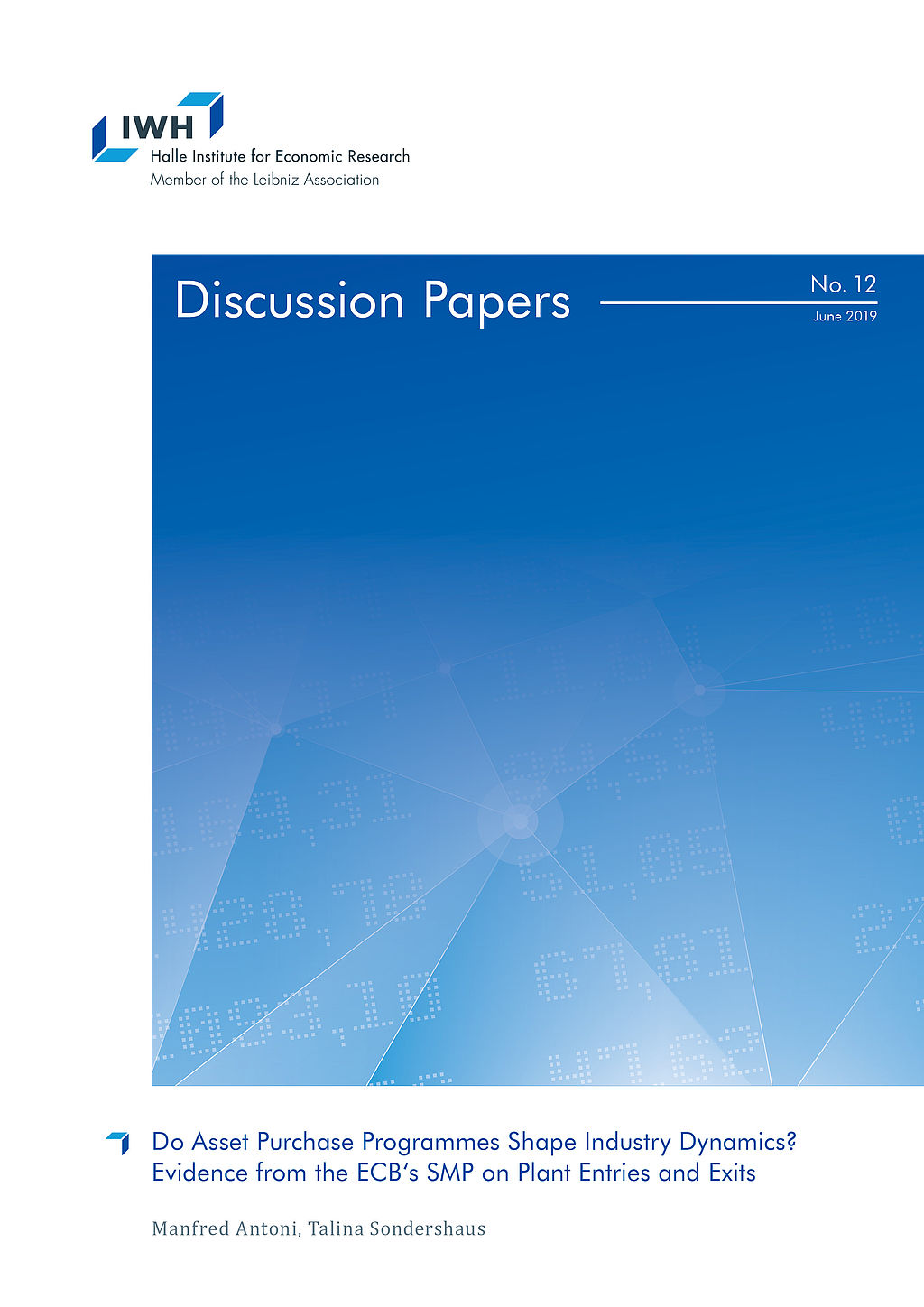
Do Asset Purchase Programmes Shape Industry Dynamics? Evidence from the ECB's SMP on Plant Entries and Exits
in: IWH Discussion Papers, Nr. 12, 2019
Abstract
Asset purchase programmes (APPs) may insulate banks from having to terminate relationships with unproductive customers. Using administrative plant and bank data, we test whether APPs impinge on industry dynamics in terms of plant entry and exit. Plants in Germany connected to banks with access to an APP are approximately 20% less likely to exit. In particular, unproductive plants connected to weak banks with APP access are less likely to close. Aggregate entry and exit rates in regional markets with high APP exposures are also lower. Thus, APPs seem to subdue Schumpeterian cleansing mechanisms, which may hamper factor reallocation and aggregate productivity growth.
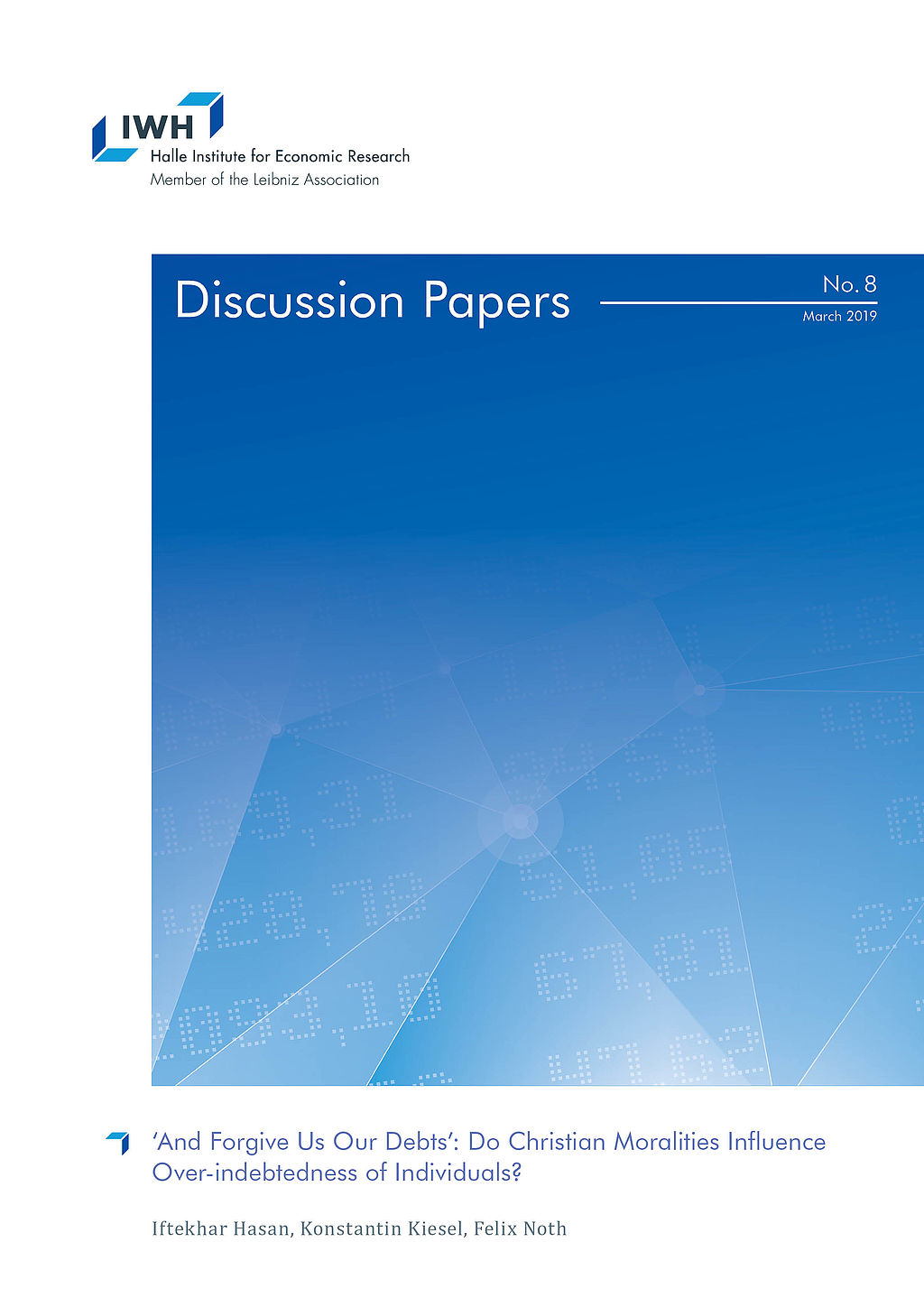
‘And Forgive Us Our Debts’: Do Christian Moralities Influence Over-indebtedness of Individuals?
in: IWH Discussion Papers, Nr. 8, 2019
Abstract
This paper analyses whether Christian moralities and rules formed differently by Catholics and Protestants impact the likelihood of households to become overindebted. We find that over-indebtedness is lower in regions in which Catholics outweigh Protestants, indicating that Catholics‘ forgiveness culture and a stricter enforcement of rules by Protestants serve as explanations for our results. Our results provide evidence that religion affects the financial situations of individuals and show that even 500 years after the split between Catholics and Protestants, the differences in the mind-sets of both denominations play an important role for situations of severe financial conditions.
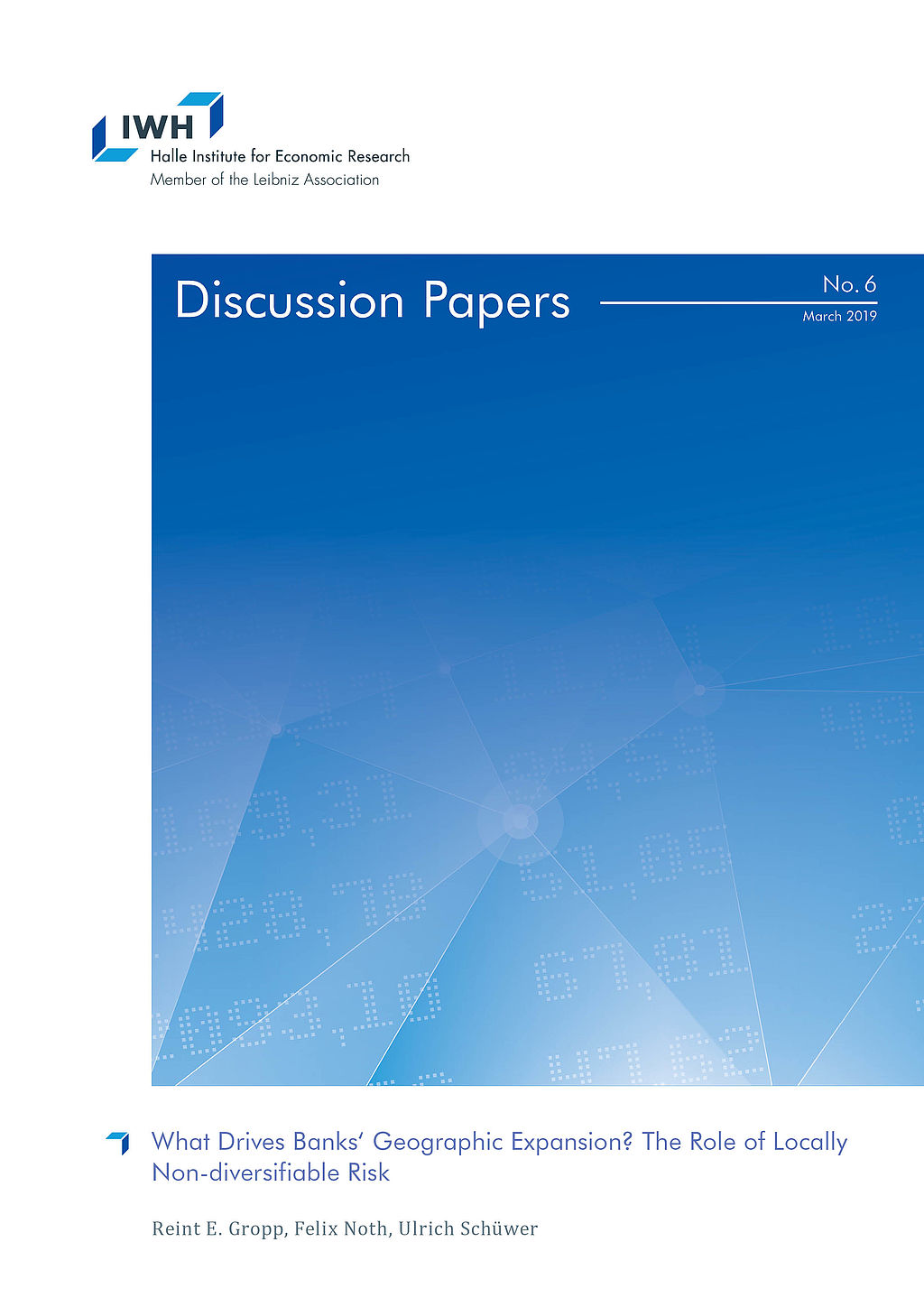
What Drives Banks‘ Geographic Expansion? The Role of Locally Non-diversifiable Risk
in: IWH Discussion Papers, Nr. 6, 2019
Abstract
We show that banks that are facing relatively high locally non-diversifiable risks in their home region expand more across states than banks that do not face such risks following branching deregulation in the 1990s and 2000s. These banks with high locally non-diversifiable risks also benefit relatively more from deregulation in terms of higher bank stability. Further, these banks expand more into counties where risks are relatively high and positively correlated with risks in their home region, suggesting that they do not only diversify but also build on their expertise in local risks when they expand into new regions.
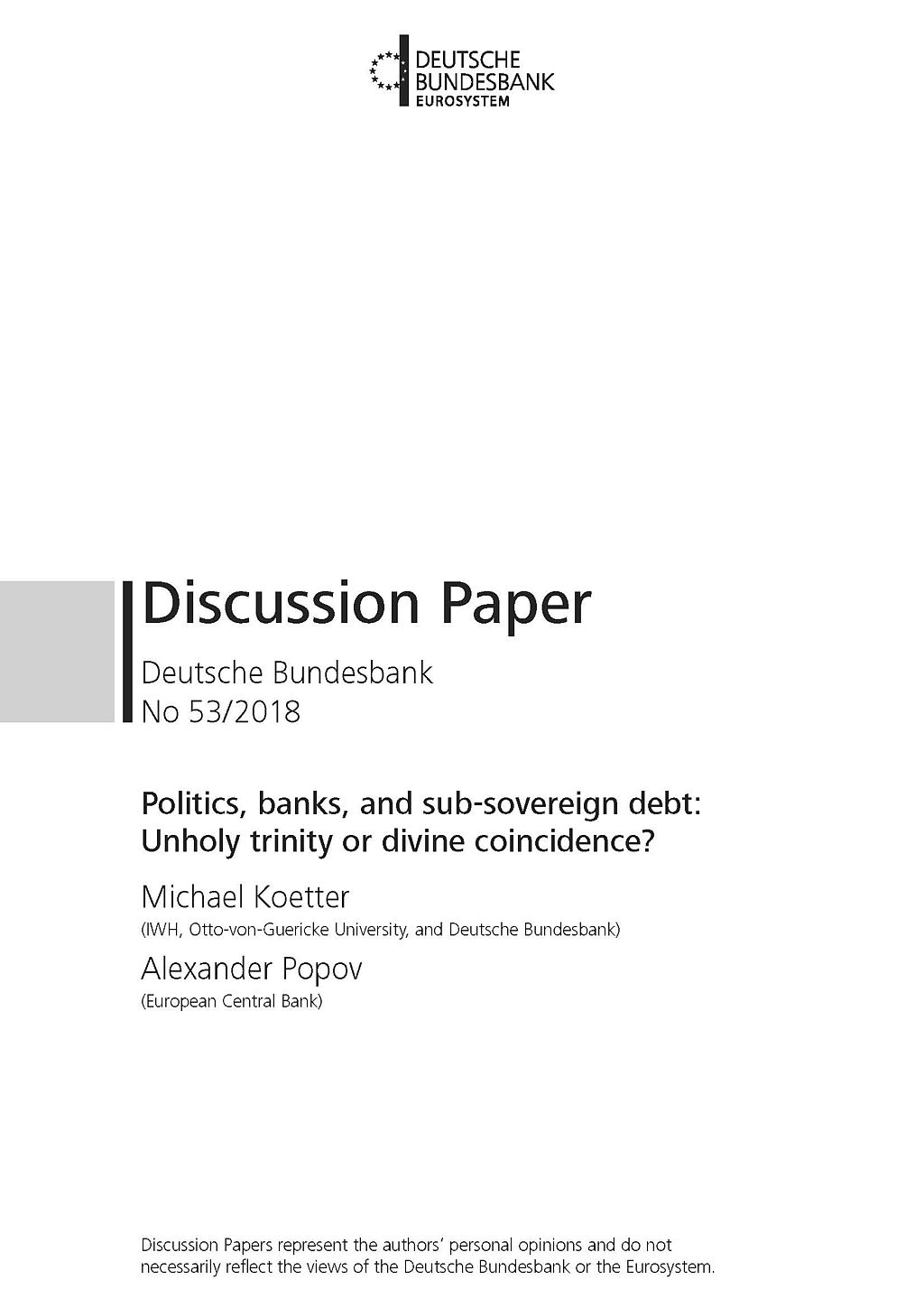
Politics, Banks, and Sub-sovereign Debt: Unholy Trinity or Divine Coincidence?
in: Deutsche Bundesbank Discussion Paper, Nr. 53, 2018
Abstract
We exploit election-driven turnover in State and local governments in Germany to study how banks adjust their securities portfolios in response to the loss of political connections. We find that local savings banks, which are owned by their host county and supervised by local politicians, increase significantly their holdings of home-State sovereign bonds when the local government and the State government are dominated by different political parties. Banks' holdings of other securities, like federal bonds, bonds issued by other States, or stocks, are not affected by election outcomes. We argue that banks use sub-sovereign bond purchases to gain access to politically distant government authorities.

May the Force Be with You: Exit Barriers, Governance Shocks, and Profitability Sclerosis in Banking
in: Deutsche Bundesbank Discussion Paper, Nr. 49, 2018
Abstract
We test whether limited market discipline imposes exit barriers and poor profitability in banking. We exploit an exogenous shock to the governance of government-owned banks: the unification of counties. County mergers lead to enforced government-owned bank mergers. We compare forced to voluntary bank exits and show that the former cause better bank profitability and efficiency at the expense of riskier financial profiles. Regarding real effects, firms exposed to forced bank mergers borrow more at lower cost, increase investment, and exhibit higher employment. Thus, reduced exit frictions in banking seem to unleash the economic potential of both banks and firms.


















